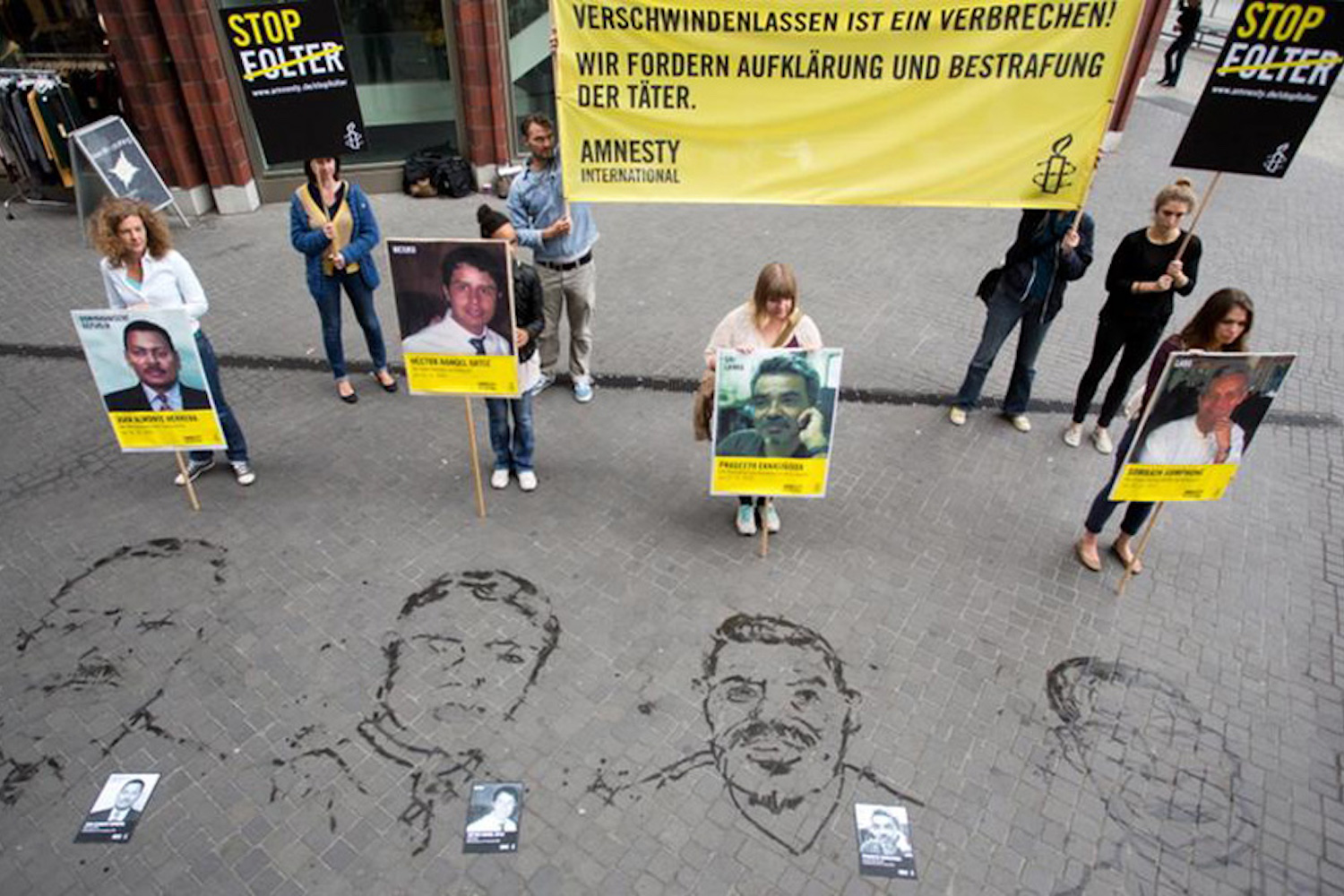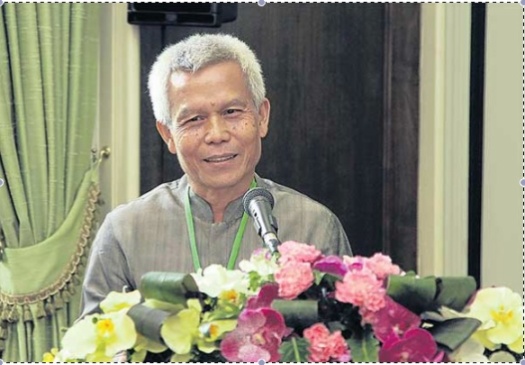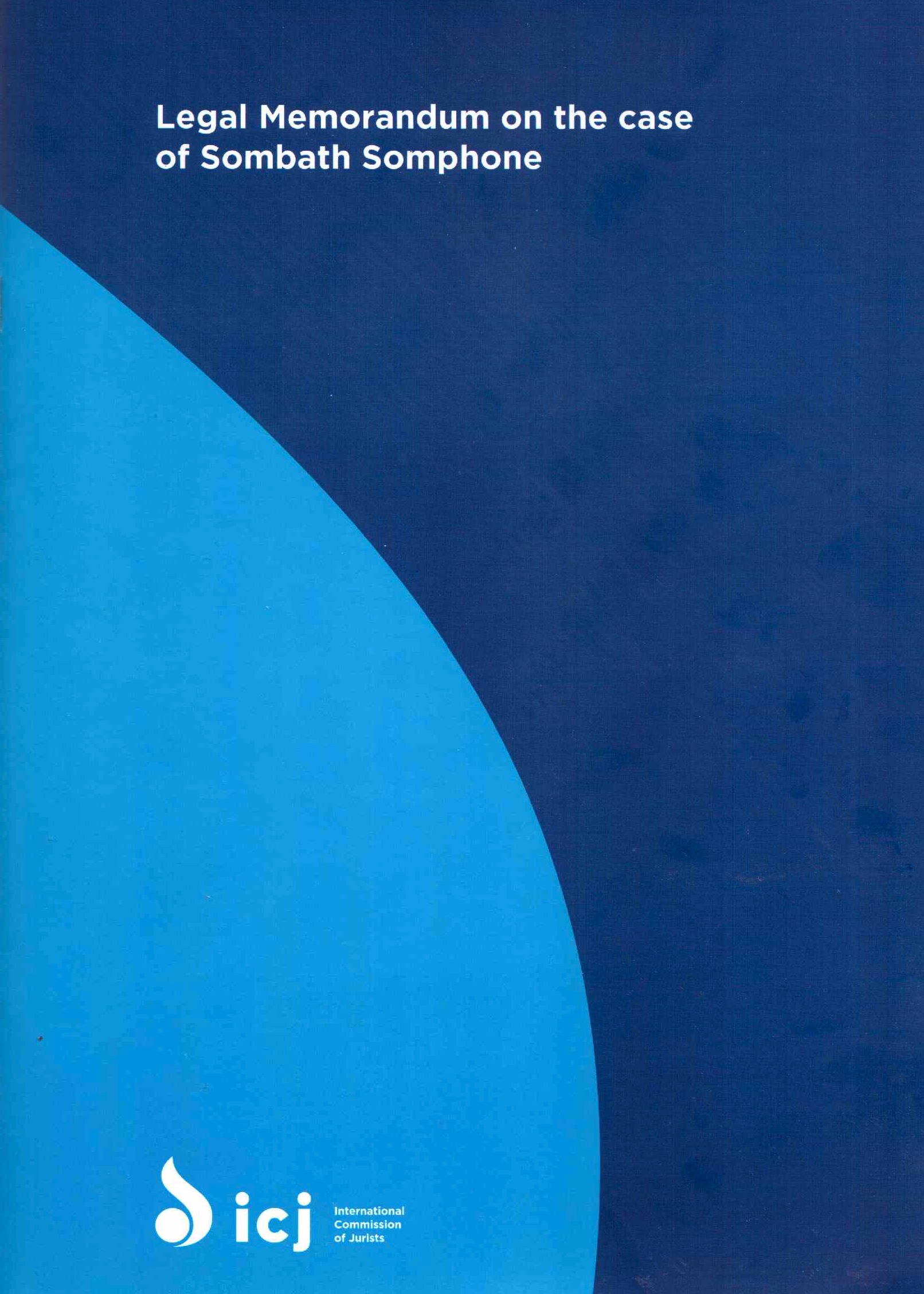InterAksyon: 24 February 2015
MANILA – An international human rights group on Monday asked the Laos government to hasten its investigation into the enforced disappearance of prominent civil society leader Sombath Somphone, who has been missing since 2012.
Sombath was a Ramon Magsaysay Awardee for community development. The award is Asia’s version of the Nobel Prize.
In its website, the International Federation for Human Rights (FIDH) said the Laos government must turn words into action and step up the investigation into the enforced disappearance of Somphone.
“The Laos government must also publicly disclose the findings,” FIDH and its member organization, the Lao Movement for Human Rights (LMHR), said on Monday.
The two organizations made the call to mark 800 days since Sombath’s disappearance on the evening of 15 December 2012 in Vientiane, FIDH said.
The group said that at the second Universal Periodic Review (UPR) of Laos, held in Geneva on January 20, 2015, government representative Phongsavath Boupha said that authorities were “still thoroughly conducting” an investigation into Sombath’s disappearance.
“Phongsavath also declared that the investigation committee was “ready to receive suggestions from any interested parties with regard to the ongoing investigation,” FIDH said.
Despite the Lao government’s claim of an ongoing investigation, Vientiane has failed to provide any update on the probe since June 2013, the group said.
“For too long, Vientiane has dragged its feet on Sombath’s disappearance. It’s time for the Lao government to fulfill its international obligations and implement the UPR recommendations concerning enforced disappearances,” said FIDH President Karim Lahidji.“The government must also keep its word and accept international technical assistance in the investigation.” Continue reading “800 Days Missing: Global human rights group asks Laos to step up probe on Sombath disappearance”










